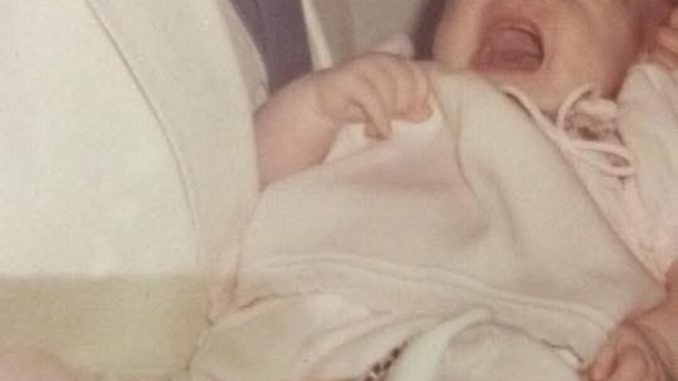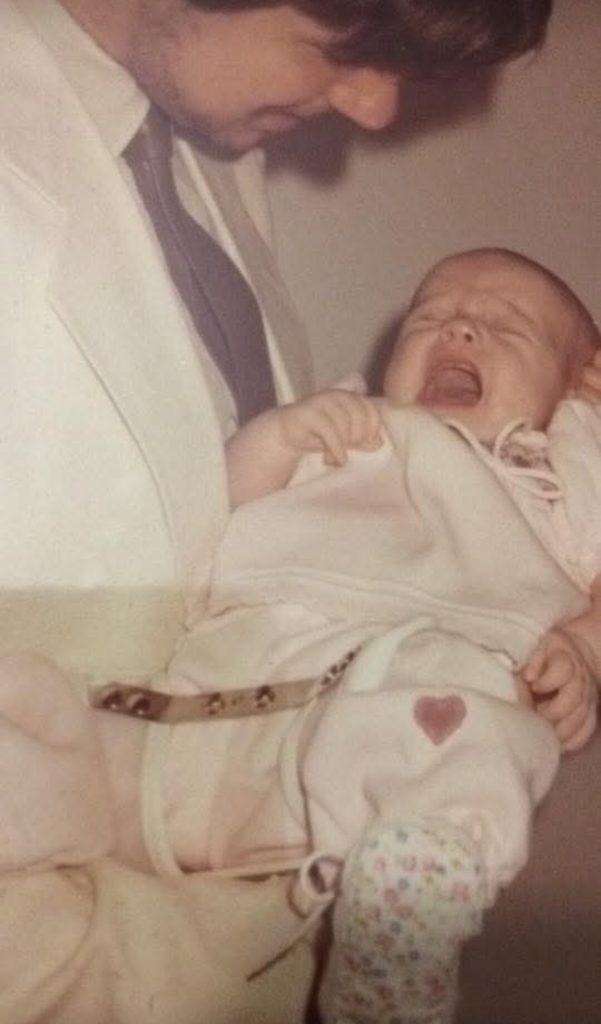
By Oumou Diakité
First off, there was her mother’s pregnancy, which heralded the tumult of little Jeanette’s existence. Complications inside the uterus, then a knot in the small intestines, then a blue baby: this little Coderre was born laboriously.
Many years later, when her childhood should have been filled with play, cake and tenderness, Jeanette was touched inappropriately. Someone touched Jeanette. A man she knew. That her whole family knew. A friend of her parents. An uncle, a godfather. Who abused little Jeanette.
She vaguely recalled, through a series of flashbacks, that it happened once, then again and again. She remembered that he said that this is how he loved her and that this is how we show love. But understand that it was perverse, incestuous and pedophilia. Il was ill-intentioned, sad and horrible. Notably terrible because for a long time, this little girl thought that this was a natural way to demonstrate love. As the years progressed, this person that she loved became an active rapist.
One day, when she was still only a little child, not yet three years of age, she told her mother about the touching, and her mom didn’t believe her. Don’t lie? Don’t make a scene? Her mother’s silence opened the door to two other pedophiles in her wider family.
Jeanette tells me about this portion of her life without her voice trembling nor her eyes watering. I know she must be choked up by this. But I understand that she would rather be strong. I think she doesn’t have the heart to collapse, and that her mantra “Today, I want to live!” is stronger than anything else in her.
Jeanette says her dilemma was the product of her generation. She can understand why her mother didn’t believe her… it was the 1980s.
It was only 17 years later, when she was 20, that her mother came to believe that little Jeanette had been raped as a child. She says she wasn’t traumatized by that. She speaks of a non-aggressive climate and almost finds excuses for the sexual hostilities that were directed at her because this man, too, had once been assaulted.
Jeanette is surprising. She doesn’t sound vengeful, and she has forgiven her aggressor. She explains that the psychological work she has done over the years is a great part of her resilience. She also speaks of the luck we all have to be alive, and that despite all these dramas, “from negative events we can build something constructive.”
Jeanette survives with laughter. Indeed, it is through humor that one’s mood is lifted, and the perspective of living better is stronger. So, with this idea of producing life, rather than being down in the dumps, Jeanette dreams of writing her story. She dreams of her book, which she will call The Child of the Stars. An autobiography that is “warrior-like, persevering, and resilient.”
A star child since her childhood, Jeanette has a particular rapport with the sky and the idea of heaven. She has looked up to the skies often, too often, beyond the cracks in the ceiling. Her vision extends past the roof of the house. And she has already dreamt that her experiences will translate well into the lines of her book. “Today, I want to live.”


Leave a Reply